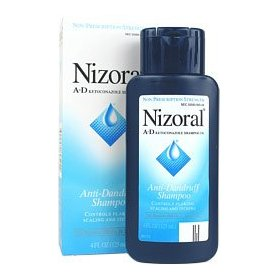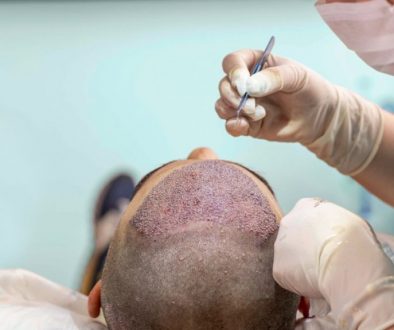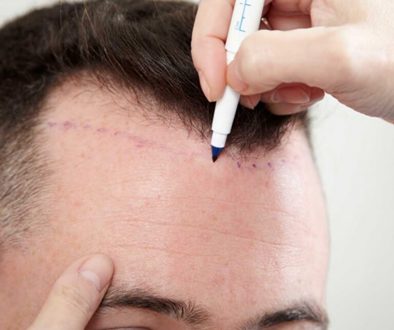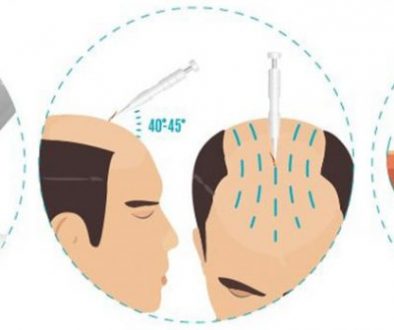How Does Nizoral Shampoo (2% Ketoconazole) Treat Hair Loss?
This question comes from a member of our Hair Loss Social Community and Discussion Forums:
I recently began researching hair restoration medications and it seems like many hair loss sufferers recommend Nizoral shampoo. How does it work? Is it an effective treatment? Is it proven to fight progressive hair loss?
 Ketoconazole (the active ingredient in Nizoral) is first, and foremost, an anti-fungal agent. In this regard, it may have some hair loss impact by reducing scalp inflammation and, therefore, increasing the flow of blood and nutrients to the scalp (though this is my personal opinion).
Ketoconazole (the active ingredient in Nizoral) is first, and foremost, an anti-fungal agent. In this regard, it may have some hair loss impact by reducing scalp inflammation and, therefore, increasing the flow of blood and nutrients to the scalp (though this is my personal opinion).
However, a 1996 study comparing ketoconazole to minoxidil (the active ingredient in Rogaine) helped demonstrate that the anti-fungal also possesses some anti-androgen (hormone) properties. Because of this, it’s believed that ketoconazole may have some “anti-DHT” (dihydrotestosterone) capabilities and can, therefore, help combat hair loss on the hormonal front as well.
Utilizing ketoconazole on the scalp, versus a systemic ingestion (oral administration), allows the drug to absorb and work at the site of administration (the scalp). This means that, much like using topical minoxidil, you won’t see a system wide blockage of DHT, but you can see some action at the scalp itself.
However, keep in mind that, at this point in time, minoxidil (Rogaine) and finasteride (Propecia) are the only two drugs fully approved for treating genetic hair loss, and I highly recommend adding these components to your Nizoral regimen (if you haven’t already).
_________________
Blake Bloxham – formerly “Future_HT_Doc”
Editorial Assistant and Forum Co-Moderator for the Hair Transplant Network, the Hair Loss Learning Center, the Hair Loss Q&A Blog, and the Hair Restoration Forum
Follow our community on Twitter
Watch hair transplant videos on YouTube
Technorati Tags: Hair Loss, hair restoration, hair loss sufferers, Nizoral shampoo, Ketoconazole, Nizoral, minoxidil, Rogaine, DHT, dihydrotestosterone, finasteride, Propecia, genetic hair loss



